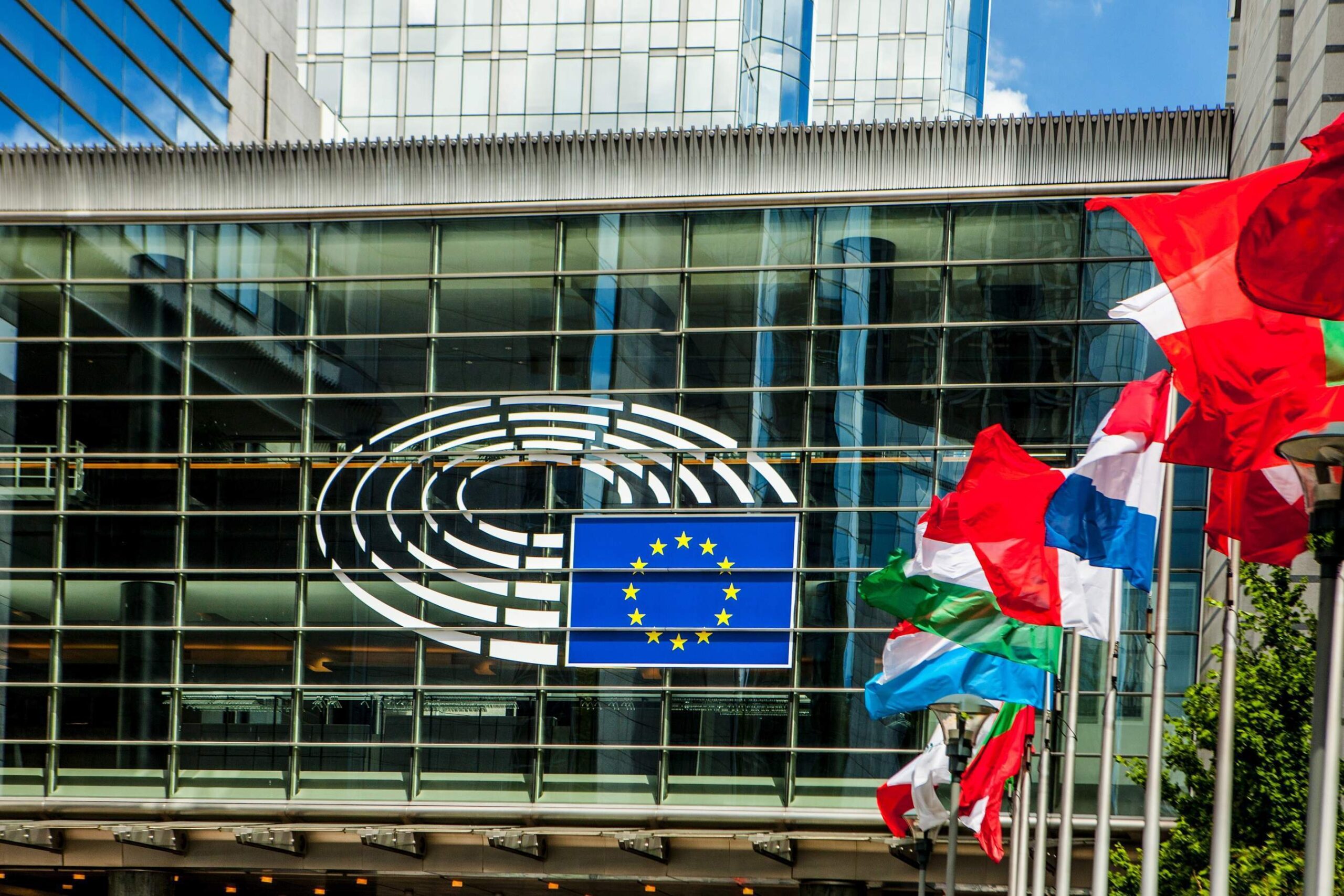
The official divorce date for the UK and the European Union (EU) is set for 29 March 2019.
Until then, we have two years of negotiations to get through – though these have been put on the back burner until after 8 June when the UK is holding a surprise general election.
What will happen to the union once the UK leaves?
It is thought the UK will be forced to pay a £50bn so-called Brexit bill to leave the EU — a figure which is so high in order to prevent other countries from seeking to leave.
Despite these threats, other countries have considered following the UK’s lead, and the future of the trading bloc is in doubt.
Which other countries have thought about leaving the EU?
Grexit – Greece leaving the EU, has been thrown around since the UK’s Brexit vote happened.
How well do you really know your competitors?
Access the most comprehensive Company Profiles on the market, powered by GlobalData. Save hours of research. Gain competitive edge.

Thank you!
Your download email will arrive shortly
Not ready to buy yet? Download a free sample
We are confident about the unique quality of our Company Profiles. However, we want you to make the most beneficial decision for your business, so we offer a free sample that you can download by submitting the below form
By GlobalDataHowever, this time it is not necessarily up to the country’s population as it was in the UK, as people are asking whether Greece’s economic performance means the country could be forced out of the Eurozone.
However, Greece’s politicians have protested that this not what they want.
A leading MP in the country’s Syriza party, and former alternate European affairs minister, Sia Anagnostopoulou, said:
“Grexit is not our agenda, it is the agenda of those who want the breakup of Europe.”
Could France follow suit after the presidential election?
The French presidential election is being closely watched as the first rounding of voting begins this weekend.
And since Brexit last year, whoever wins in France could change the country’s relationship with the EU forever.
Far-right candidate, Marine Le Pen of the National Front party, has said she wants to renegotiate France’s relationship with the union and has even proposed pulling France out of the eurozone.
Le Pen isn’t the only one as leftist candidate Jean-Luc Melenchon has said he would allow the country to vote on its membership of the bloc in a #Frexit referendum.
However, if centrist candidate Emmanuel Macro wins, France will remain in the EU.
He has described himself as a “convinced European” and believes that member states should be more strongly embedded, to create an integrated union.
What about Turkey’s membership with the EU?
Turkey’s membership to the union has been in a negotiation status for the past few years.
Its eventual acceptance into the group was widely used by the Leave campaigners during Brexit, mainly along the lines that once Turkey was in the EU it would mean its entire population (76m) would then be able to move to the UK under freedom of movement rules.
As well, as the country shares a border with Syria, it would allow so-called Islamic State fighters to gain access to the UK.
The country’s relationship with the union is back in the headlines after a recent referendum which has granted president Recep Tayyip Erdogan far-reaching powers, including the ability to overrule his own parliament.
As a result, the Turkish government has threatened to allow a new refugee crisis unless the EU allows its citizens visa-free access to the Schengen zone.
The country’s foreign minister Mevlut Cavusoglu said that unless the EU granted the visa-free travel, Turkey would start allowing refugees access to Greece, and therefore the rest of the continent.
As well, since the vote, Erdogan has said he wants to restore the death penalty to Turkey, something the president of the European Commission, Jean-Claude Juncker, has called a “red line” issue for the EU.
The Netherlands is remaining in the union, for now
Earlier this year, the Dutch elections had EU tensions running high.
The populist candidate Geert Wilders had an anti-European rhetoric throughout his campaign and said he would give the country a referendum on the EU if he won.
However, he lost out to the current prime minister Mark Rutte which should mean that the Dutch are still union members, for now.






